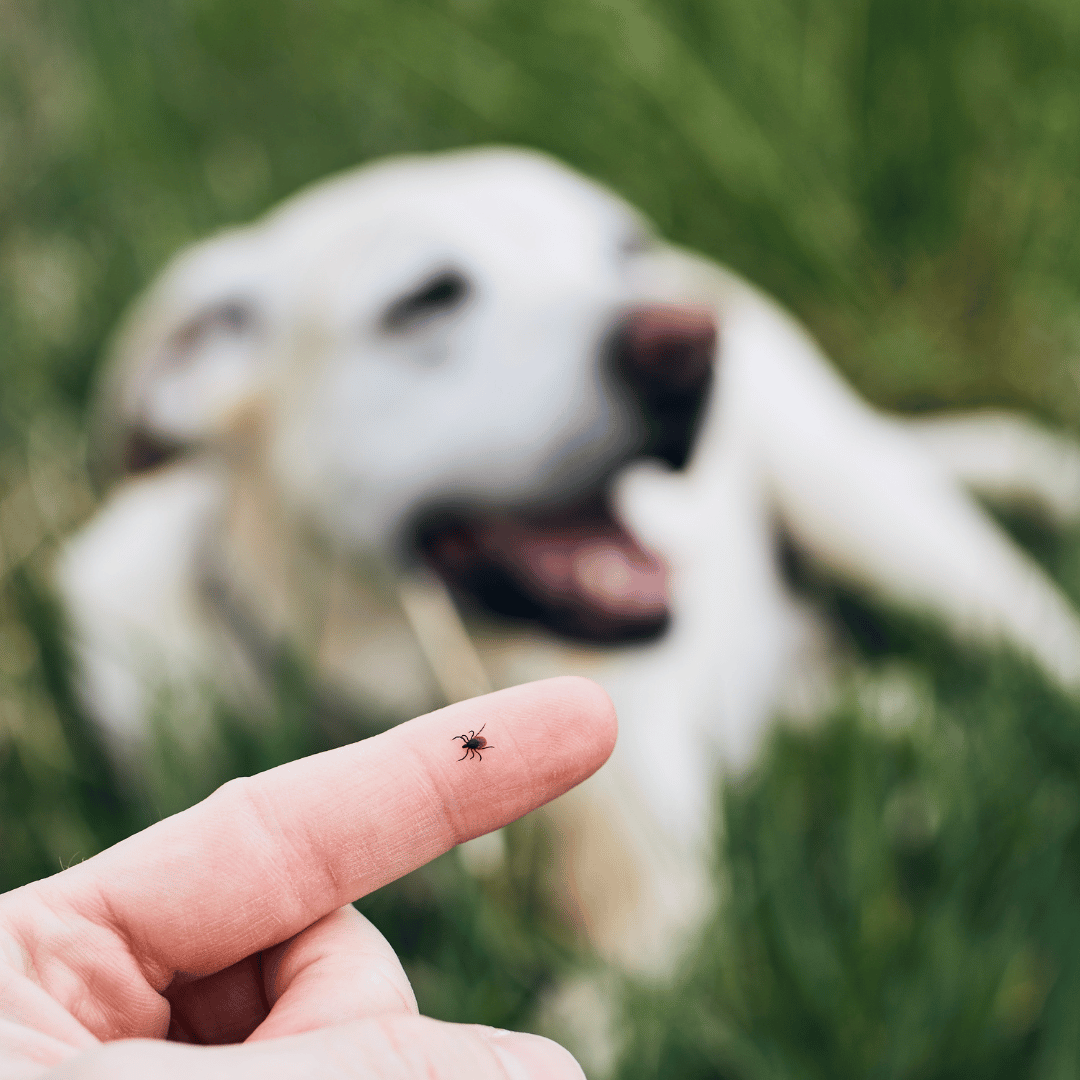Ticks. The mere mention of these tiny critters can send shivers down any dog parent's spine. However, did you know that certain ticks can cause an unexpected problem: a meat allergy in your beloved canine? Here's what you need to know.
The Culprit: Lone Star Ticks
Lone Star Ticks, identified by a white dot or 'lone star' on their back, are the main culprit. They are small, brown, and can easily be mistaken for a speck of dirt until they start to feed and grow in size.
Where are Lone Star Ticks found?
Originally confined to the Southeastern United States, these ticks have expanded their reach and can now be found across the east, southeast, and midwest regions. They're also present in parts of Mexico and Canada.
Tick Checks, Prevention, and Removal
Frequent tick checks are critical, especially after outdoor activities in wooded or grassy areas. Use tick preventatives as recommended by your vet, and should you find a tick, remove it promptly with a pair of fine-tipped tweezers.
How Ticks Trigger Meat Allergies
Lone Star Ticks can transmit a carbohydrate called alpha-gal into your dog's system during a bite. In some dogs, this results in an immune response that not only targets the alpha-gal but also triggers an allergy to red meat, which contains the same carbohydrate.
Signs of Meat Allergies in Dogs
Watch for signs such as hives, skin rash, vomiting, diarrhea, or severe reactions like difficulty breathing. These symptoms usually occur 2-6 hours after consuming meat.
What If Your Dog Develops a Meat Allergy?
If you suspect a meat allergy, consult your vet immediately. They may suggest an elimination diet to confirm the allergy, and if confirmed, a new diet excluding red meat will be required.
Remember, ticks are more than just a nuisance—they can pose serious health threats to our dogs. By staying vigilant, we can protect our four-legged friends from these unseen dangers. As part of a comprehensive approach to your dog's health, always consider all aspects from nutrition to tick prevention.
Stay tuned to Dog-Eh! for more insights into ensuring your dog's optimal health and well-being.

